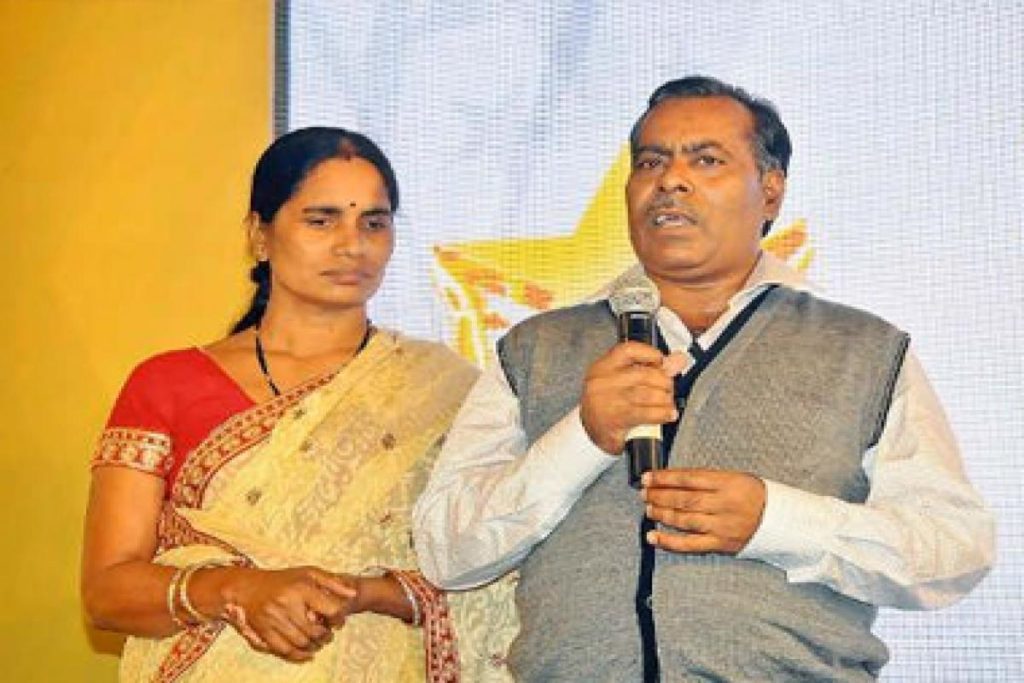The year was 2012. 16th December, to be precise.
A calm evening, a quiet bus and a trustworthy friend.
What could have gone wrong? is what any citizen of our country would wonder.
A 23-year-old physiotherapy intern was brutally assaulted, tortured and gang raped in a private bus while casually returning from a movie. Contrary to a popularly held idea, the little detail of a male friend being her companion made no difference to anything that happened in the bus on that catastrophic day.
As we all are well aware of the news that four out of the five convicts were executed by hanging at Tihar Jail on 20 March 2020, here is a breakdown of all the events that followed till the ‘over-delayed’ execution of the perpetrators.
Six men were arrested in connection with the incident on 17th December, 2012 based on relevant highway CCTV footage. The suspects along with the driver Ram Singh, who was found dead in his cell after a few days of his arrest, were his brother Mukesh Singh, Vinay Sharma, Pawan Gupta and Akshay Thakur. Among them there was also a seventeen-year-old juvenile named Mohammad Afroz who was given a maximum sentence of three years’ imprisonment under the Juvenile Justice Act.

The defendants were found guilty of rape, murder, unnatural offences and destruction of evidence on 10 September 2013 in the Delhi fast-track court. However, on 15 March 2014, the Supreme Court of India decided to stall the execution of two of the convicts who appealed against their conviction, which further extended to July. The lawbreakers also tried to fill in petitions with the help of their lawyers who tried to create an alibi stating that the convicts were not present at the time of the crime. This added another three years to the case.
In May 2017, the Supreme Court rejected the convicts’ appeals, who then sought a mercy plea to the President which required three more weeks, that eventually turned into three years. Viewing this activity as delaying the decision, the victim’s parents alleged that the four convicts were acting as a disturbance in the legal processes of the court. Finally, on 17 January 2020, the President of India rejected the mercy plea due to obvious reasons and a death warrant was about to be released.

Subsequently, Pavan, one of the convicts claimed that he was a juvenile at the time of the crime, because of which the Delhi High Court had to stall the death warrant. This was due to the Rule 836 of the prison manual which states that in a case where more than one person has been sentenced to death, the execution cannot take place unless all the convicts have exhausted their legal options.
Finally, on the dawn of 4 March 2020, the fourth and final death warrant was released by the Supreme Court with the execution date as 20 March 2020 at 5.30 am. The decision made by the court remained adamant even after numerous pleases and cries erupting from the convict’s families.
Rape is one crime. Killing an innocent life is another. People of our country usually consider ‘rape’ and ‘assault’ too unorthodox to discuss in their households. The fact that our society is so obsessed with teaching only girls about ‘awareness on sexual harassment’ is clear proof that men are exempted from taking responsibility for the crimes they inflict upon women. The potential victims are always advised to stay safe and follow a certain protocol while the actual culprit is set free to roam around, which makes them even more carefree about the consequences.
The laws implemented by the judicial system have a number of loopholes that prevent them from delivering smooth verdicts. For instance, the perpetrators were given a little too much time (3 years) for their appeals (in layman terms challenging the verdict), not to mention the approval of the mercy plea that took another 3 years. Also, certain rules in the prison manual might work in favor of the culprits if they are aware enough. And this main ambiguity is often overlooked by the supreme heads of the system which frequently leads to delayed judgements.

One can only wonder what made the judicial system wait for almost a decade to execute these four wrong doers. In the end, does it even feel like justice when it has taken so long to attain it? Has the wrong been turned to right? What about the thousands of Nirbhayas who are yet to get this so-called ‘justice’? Is capital punishment really the solution or just a temporary fix meant to provide the illusion of justice prevailing? Have the crimes really decreased in number or are rape victims now just being killed more often to destroy evidence? These are questions that matter and shouldn’t go unnoticed but they will be if we decide to just go about our lives thinking that the execution settles everything. The scales are so tipped, it will take years to get even. It will require effort from all of us and not just the government because here, the society needs to be cleaned and we are society.
This was not an article to preach about how to clean the society. A lot has already been said on that. This article was to remind you that this fight is not about springing into action by doing candle light marches and protests only to forget about it after a while and going on about your lives as though nothing happened. It’s an active struggle because such things are happening even as I type this and even as you read it.
– written by NMC reporter Tanzeela Inam.




